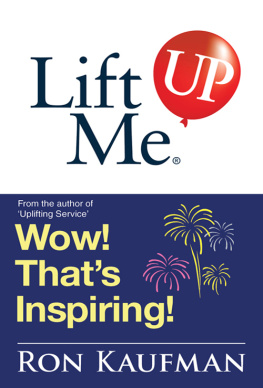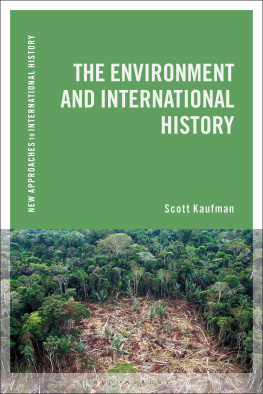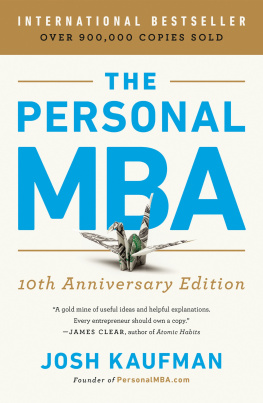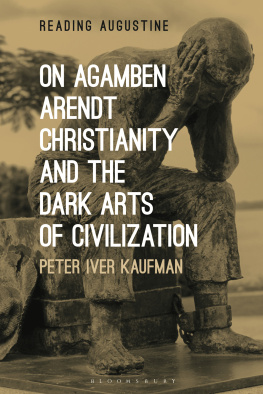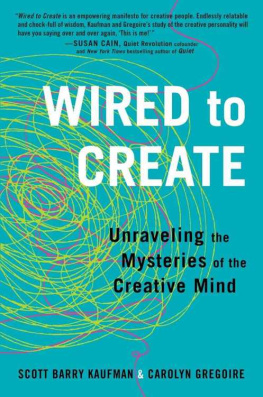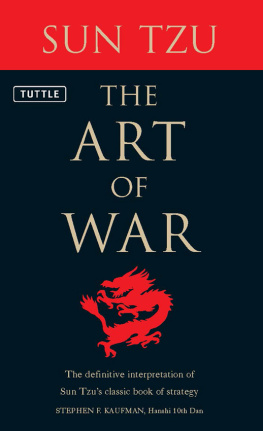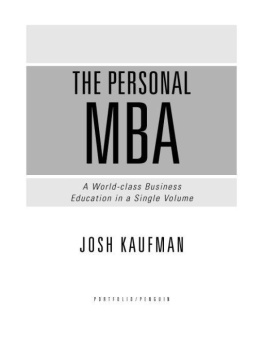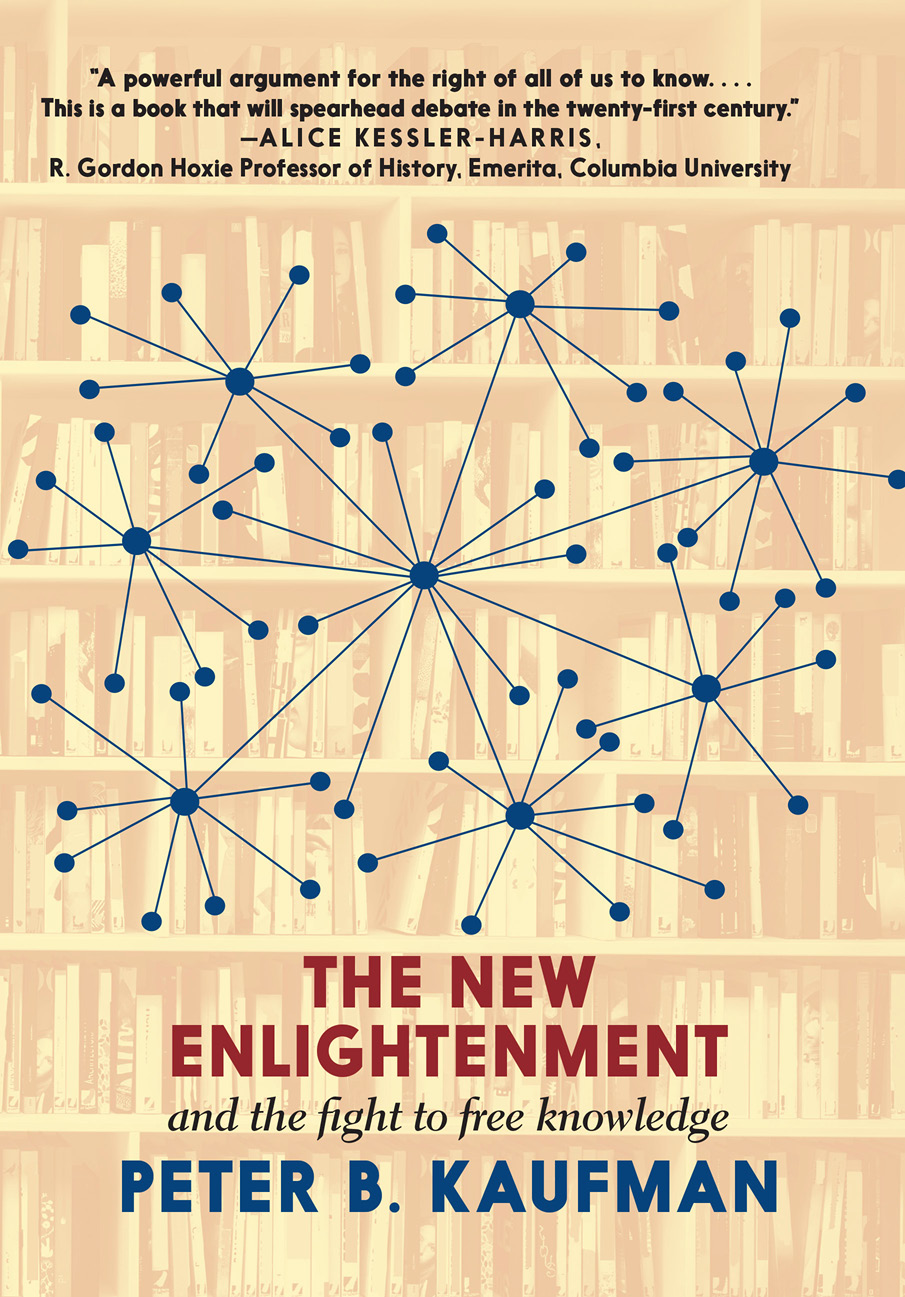Peter B. Kaufman - The New Enlightenment and the Fight to Free Knowledge
Here you can read online Peter B. Kaufman - The New Enlightenment and the Fight to Free Knowledge full text of the book (entire story) in english for free. Download pdf and epub, get meaning, cover and reviews about this ebook. year: 2021, publisher: Seven Stories Press, genre: Politics. Description of the work, (preface) as well as reviews are available. Best literature library LitArk.com created for fans of good reading and offers a wide selection of genres:
Romance novel
Science fiction
Adventure
Detective
Science
History
Home and family
Prose
Art
Politics
Computer
Non-fiction
Religion
Business
Children
Humor
Choose a favorite category and find really read worthwhile books. Enjoy immersion in the world of imagination, feel the emotions of the characters or learn something new for yourself, make an fascinating discovery.

- Book:The New Enlightenment and the Fight to Free Knowledge
- Author:
- Publisher:Seven Stories Press
- Genre:
- Year:2021
- Rating:5 / 5
- Favourites:Add to favourites
- Your mark:
The New Enlightenment and the Fight to Free Knowledge: summary, description and annotation
We offer to read an annotation, description, summary or preface (depends on what the author of the book "The New Enlightenment and the Fight to Free Knowledge" wrote himself). If you haven't found the necessary information about the book — write in the comments, we will try to find it.
In THE NEW ENLIGHTENMENT, MIT Open Learnings Peter B. Kaufman describes the powerful forces that have purposely crippled our efforts to share knowledge widely and freely.
Popes and their inquisitors, emperors and their hangmen, commissars and their secret police throughout history, all have sought to staunch the free flow of information. Kaufman writes of times when the Bible could not be translated youd be burned for trying; when dictionaries and encyclopedias were forbidden; when literature and science and history books were trashed and pulped sometimes along with their authors; and when efforts to develop public television and radio networks were quashed by private industry.
In the 21st century, the enemies of free thought have taken on new and different guises giant corporate behemoths, sprawling national security agencies, gutted regulatory commissions. Bereft of any real moral compass or sense of social responsibility, their work to surveil and control us are no less nefarious than their 16th- and 18th- and 20th- century predecessors. They are all part of what Kaufman calls the Monsterverse.
THE NEW ENLIGHTENMENT maps out the opportunities to mobilize for the fight ahead of us. With the Internet and other means of media production and distribution video especially at hand, knowledge institutions like universities, libraries, museums, and archives have a special responsibility now to counter misinformation, disinformation, and fake news and especially efforts to control the free flow of information.
A film and video producer and former book publisher, Kaufman begins to draft a new social contract for our networked video age. He draws his inspiration from those who fought tooth and nail against earlier incarnations of the Monsterverse including William Tyndale in the 16th century; Denis Diderot in the 18th; untold numbers of Soviet and Central and East European dissidents in the 20th many of whom paid the ultimate price. Their successors? Advocates of free knowledge like Aaron Swartz, of free software like Richard Stallman, of an enlightened public television and radio network like James Killian, of a freer Internet like Tim Berners-Lee, of fuller rights and freedoms like Edward Snowden. All have been striving to secure for us a better world, marked by the right balance between state, society, and private gain.
The concluding section of the book, its largest piece, builds on their work, drawing up a progressive agenda for how todays free thinkers can band together now to fight and win. With everything shut and everyone going online, THE NEW ENLIGHTENMENT is a rousing call to action that expands the definition of what it means to be a citizen in the 21st century.
Peter B. Kaufman: author's other books
Who wrote The New Enlightenment and the Fight to Free Knowledge? Find out the surname, the name of the author of the book and a list of all author's works by series.

